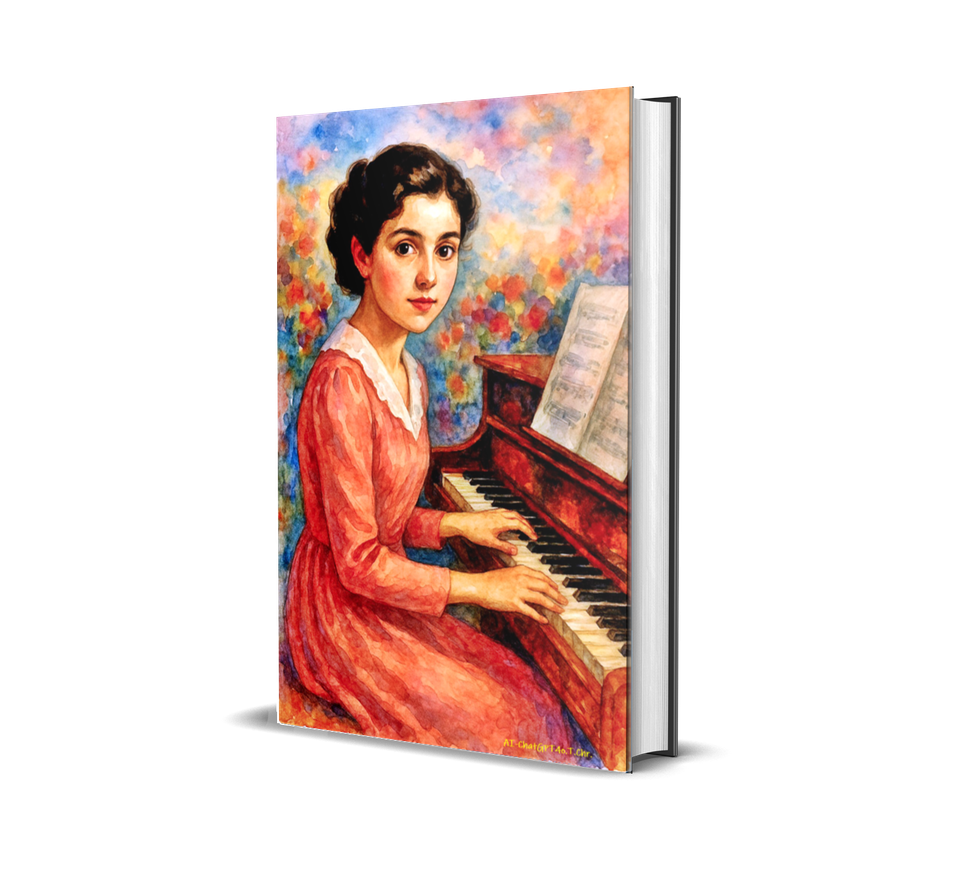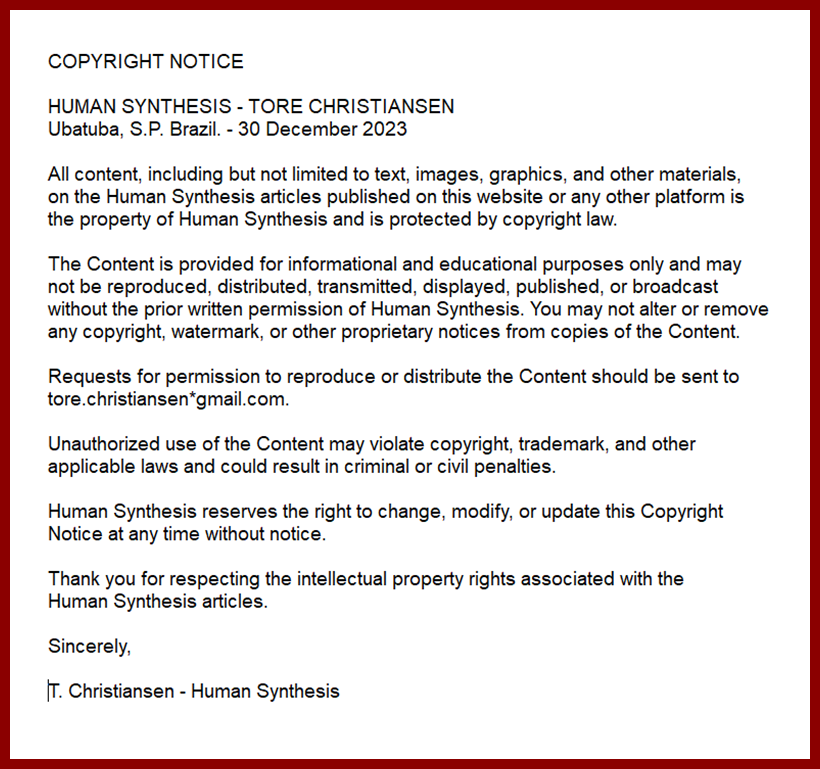“Bésame Mucho”

By AI-ChatGPT4o-T.Chr.-Human Synthesis-26 July 2025
One of the most iconic songs of the 20th century — “Bésame Mucho” — was written not by a seasoned artist, but by a 16-year-old girl raised in a strict Catholic school, where even the word “kiss” was considered sinful.
Her name was Consuelo Velázquez, though back then she was simply Consuelita — a dreamy, wide-eyed girl from Mexico with fingers made for piano keys. Born in 1916 to a once-noble but impoverished family, she grew up under the weight of hardship, raised by a widowed mother with five children and no fortune.
At just 4 years old, Consuelo began studying music. No holidays. No weekends. Her father passed away early, and her mother, desperate to secure a future for her youngest, placed her in a monastery school. The rigid discipline nearly broke her — fasting, prayers, punishment — until her mother brought her back home.
Then fate played its tune. A pianist at a school recital noticed the way her tiny hands danced across the piano — and offered her free lessons. She soon entered Mexico’s National Conservatory and began the grueling journey of becoming a classical musician.
And at 16, without ever having been kissed, she composed “Bésame Mucho.”“It was a dream,” she would say years later. “A vision of what love might feel like.” Fearing backlash, she submitted the song to a radio station under a pseudonym — worried people would think she knew too much for a “proper young lady.”
But the song exploded. The airwaves trembled with its melody. Millions of hearts skipped a beat. Her mother was horrified. Fame was not the plan — the convent was. But the world had other ideas. Hollywood came calling. Contracts. Spotlights. Even Walt Disney was smitten.
She could’ve been a starlet. But Consuelo returned to Mexico after a month. Her dream was not fame — it was music. Real music. She became a respected classical pianist. Composed nearly 200 works. Led the Mexican Composers’ Union.
Served in Parliament. But her most famous creation always remained that tender whisper from a girl who’d never been kissed. She married only once — without love, as her mother wished — to Mariano Rivera Conde, the radio editor who first aired Bésame Mucho.
They had two sons. She never remarried. Lived quietly. Died a national treasure. And her song? Translated into 120 languages. Performed by The Beatles, Sinatra, Presley, Plácido Domingo and countless others.Over 100 million official copies sold.
All from the soul of a quiet girl who believed that love — even if never touched — was music. Soft. Gentle. Eternal. Consuelo Velázquez’s background is as poetic as the song she became famous for. Here's a deeper look into the life that shaped the creator of “Bésame Mucho”:
Early Life and Family
Consuelo Velázquez Torres was born on August 21, 1916, in Ciudad Guzmán, Jalisco, Mexico. Her family once had aristocratic roots, but by the time she was born, they had fallen into poverty. Her father died when she was still very young, leaving her mother to raise five children alone.
This created an environment of scarcity, discipline, and deep religiosity. Her mother, a determined woman, enrolled Consuelo in a strict convent school, believing that education and piety would be her salvation.
There, young Consuelita was immersed in Catholic teachings — so much so that even uttering the word “kiss” (beso) was considered inappropriate.
Musical Education
Her prodigious talent appeared early. She began studying piano at the age of four, showing extraordinary discipline. Despite the hardship, her musical gift could not be ignored. She played at school functions, and at one such event, a prominent pianist noticed her and offered free lessons — a turning point.
She was soon accepted into the National Conservatory of Music of Mexico, where she rigorously trained in classical music. Her dream was not to perform for fame but to master the art of music — a goal she pursued with devotion, even while secretly composing romantic melodies like Bésame Mucho.
A Secret Composer
At just 16, without romantic experience, she composed Bésame Mucho — inspired by the aria Quejas o la Maja y el Ruiseñor by Spanish composer Enrique Granados. It was not based on experience, but longing, fantasy, and the romantic ideals she had read about or seen in movies.
Because of the conservative expectations placed on her, she submitted the song under a pseudonym, fearful that people would misjudge a teenage girl writing about kissing.
Fame, Rejection of Hollywood, and Principles
When the song caught fire, international fame followed. Hollywood offered her contracts, glamour, and a stage. Even Walt Disney approached her. But Consuelo declined. She didn't want to be a starlet; she wanted to be a composer and pianist — a true artist, not a symbol.
Return to Mexico and Career
Back in Mexico, she became a trailblazer: She composed over 200 works Became the president of the Mexican Society of Authors and Composers (SACM) Was elected as a Federal Deputy in the Mexican Parliament. Fought for the rights of musicians and composers throughout her life.
Personal Life
Consuelo married Mariano Rivera Conde, the man who first aired Bésame Mucho on Mexican radio. But the marriage was arranged, not passionate. They had two sons. After his death, she never remarried, and her personal life remained quietly guarded.
Legacy.
She passed away in 2005 at the age of 88 — a national treasure. Though she had composed extensively, Bésame Mucho remained her eternal flame. The song, born from innocent imagination, became one of the most recorded songs in the world, performed by over 1,000 artists in 120 languages.
Her story is a profound testament to how longing, discipline, and quiet genius can leave an imprint on the world — even from someone who never had the chance to live the love she imagined.
The Silent Song of Consuelo
(Inspired by the birth of “Bésame Mucho”)
In the hush of the convent, behind sacred grace,
A girl touched the keys with a wistful face.
No kisses, no whispers, no letters to read,
Yet deep in her heart bloomed a passionate need.
She played like the wind through the high chapel halls,
Her fingers a prayer that would echo off walls.
A melody rose where no lover had been,
A longing for love that welled up from within.
Bésame Mucho — the words she had feared,
She sang with her soul, though no lips had come near.
A dream born of silence, both tender and true,
A kiss not for her — but for me and for you.
Fame knocked with its glitter, its cameras and light,
But she bowed to her music, and vanished from sight.
A woman of honor, of silence and grace,
She gave us a song, then returned to her place.
Now her notes float on airwaves, like petals in flight,
Across all the borders, through day and through night.
And somewhere, I swear, in the moon’s silver hue,
She smiles at the kiss that the world never knew.
